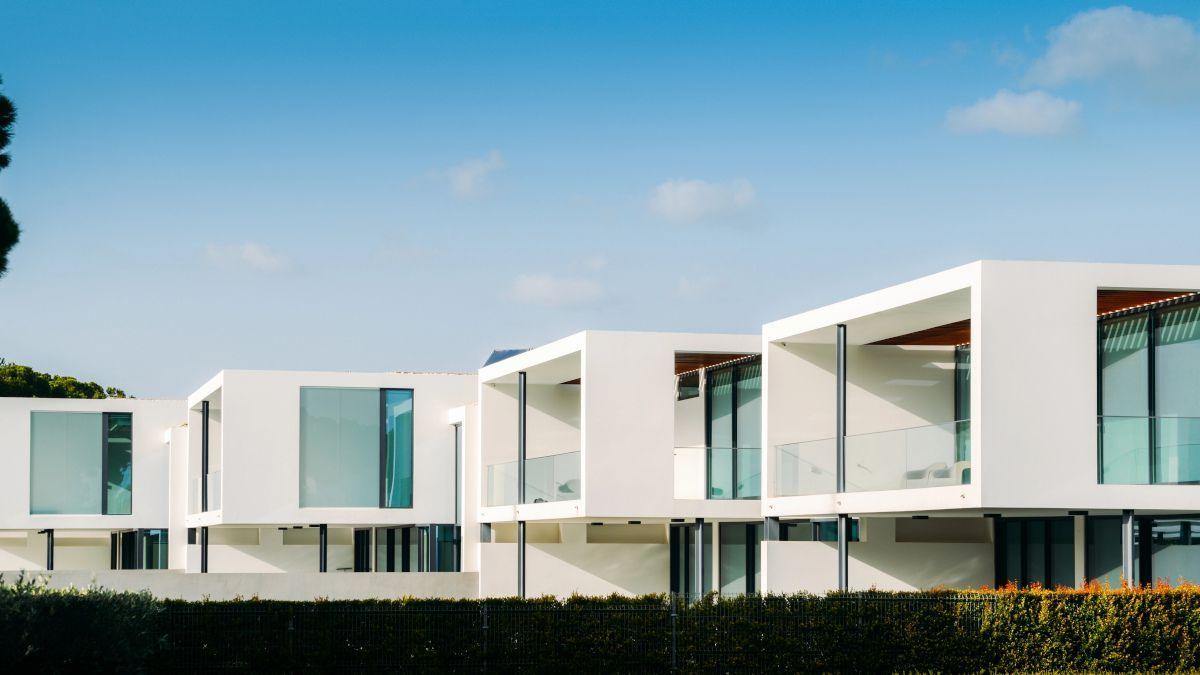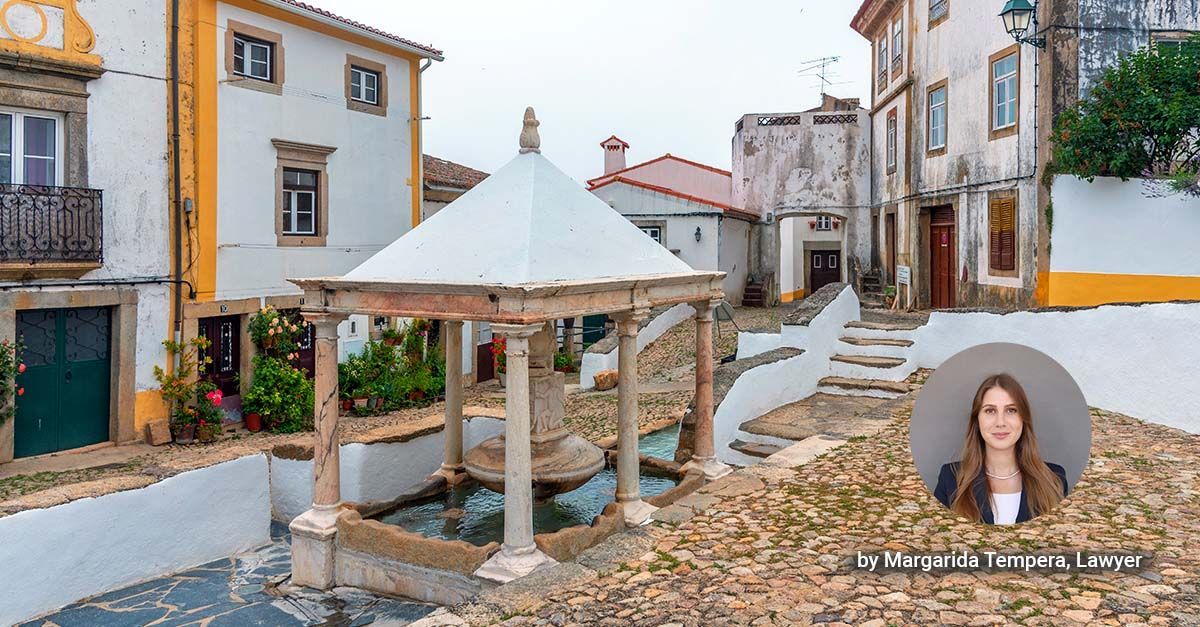New or fully renovated home and old problems? What you can do if your “Brand New” property starts falling apart in Portugal

Margarida Tempera | Lawyer
Purchasing a newly built or extensively renovated home is, for many, one of life’s most significant investments. Whether buying directly from a developer or acquiring a previously owned property that has undergone comprehensive renovation works, buyers naturally expect modern construction standards, high-quality materials, and a safe, habitable living space.
However, these expectations can be quickly frustrated when, shortly after moving in, the property begins to reveal serious construction defects, such as water infiltration, structural fissures, or insulation failures.
This insight focuses specifically on such situations, that is, when the home purchased is either newly constructed or subject to extensive renovation works prior to the sale. It does not apply to buyers of older, second-hand homes sold by private individuals without substantial recent works.
In the cases covered, Portuguese law offers important protections to homeowners, provided they act promptly and in accordance with the legal procedures in place.

The Portuguese Civil Code establishes a warranty regime applicable to construction work. Under Article 1225, the constructor and, in certain cases, the seller may be held liable for defects that compromise the safety, stability, or intended use of the building. This legal liability extends for a period of five years from the date of delivery of the completed work. During this period, any construction-related defect - whether concerning structural integrity, waterproofing, or foundational issues - may give rise to a legal claim. However, the law places a corresponding obligation on the buyer: the defect must be reported within one year from the date it is discovered. Timely notice, preferably in writing and sent via registered post with acknowledgment of receipt, is essential to preserve legal rights.
In addition to the Civil Code, Portuguese legislation provides enhanced consumer protection in transactions involving private individuals purchasing property from professional sellers or developers. Decree-Law no. 84/2021, provides for a ten-year warranty in situations where the defect compromises the structural safety of the property. This extended protection ensures that even if a latent defect is discovered several years after the purchase, the buyer may retain their rights, provided the issue affects the building’s structural integrity.
Together, these legal regimes ensure that purchasers of newly constructed homes benefit from a minimum of five years and, in some cases, ten years of legal coverage, depending on the nature of the defect and the contractual relationship.
Construction defects may be apparent, such as visible cracks or water stains, or latent, such as insulation failures or foundational deficiencies. Common examples include water infiltration from roofs or façades, structural fissures in walls, ceilings, or floors, defective or absent waterproofing and thermal insulation, failures in plumbing or drainage systems, and damage resulting from poor soil conditions or execution errors. Any defect that compromises the intended use, safety, or value of the property may give rise to legal claims.
The Portuguese Civil Code, particularly Articles 1207 to 1225, sets out the legal framework applicable to such defects and the purchaser’s right to seek appropriate forms of redress. These include repair of the defect at the expense of the responsible party (whether builder or seller), a reduction in the purchase price to reflect the diminished value of the property, or even termination of the contract where the defect renders the property unfit for its intended purpose. In addition, under Article 798, failure to fulfil contractual obligations may entitle the buyer to claim compensation for breach of contract, including damages arising from alternative accommodation or other related expenses.
Upon discovering a defect, it is essential that the buyer act promptly and in a structured manner. The first step involves documenting the issue in detail, including photographic and video evidence, as well as dated records indicating when the defect was first observed. All receipts or invoices related to mitigation efforts or associated expenses should be retained.
The responsible party should then be notified by means of a registered letter with acknowledgment of receipt, clearly describing the nature of the defect and requesting appropriate remedial action. It is further recommended to obtain an independent technical assessment from a duly qualified engineer or architect. Such expert reports may prove critical in substantiating the existence of the defect and attributing liability, particularly if the matter proceeds to formal dispute resolution. Should the issue remain unresolved, or if the response is unsatisfactory, legal advice should be sought without delay. If an amicable resolution cannot be reached, the matter may be referred to the courts or to alternative dispute resolution mechanisms such as arbitration or mediation. In either case, the quality of documentation and the reliability of expert evidence will be central to the outcome.
It should be underscored that, although the applicable warranty periods may extend to five or ten years depending on the circumstances, the exercise of these rights is subject to strict procedural requirements. In practice, the most common reason for the loss of legal protection is the failure to report the defect within one year of its discovery. This deadline is peremptory: even significant defects occurring within the warranty period may be deemed unenforceable if timely notice is not provided.
The discovery of construction defects in a newly acquired property can be a source of considerable frustration and uncertainty. Nevertheless, the Portuguese legal framework provides purchasers clear and enforceable rights. Through proper documentation, compliance with notification requirements, and guidance from qualified legal counsel, property owners can take the necessary steps to protect the value of their investment and assert their rights under the law.
If you have further questions regarding this matter, get in touch with us and we will be delighted to assist you.
At LVP Advogados, we assist clients in asserting these rights in matters involving construction defects. Where a newly acquired property presents deficiencies that may give rise to liability, our team is available to advise on the applicable legal framework, the appropriate course of action, and the procedural steps required to safeguard the homeowner’s position.
© COPYRIGHT 2023 LVP ADVOGADOS, ALL RIGHTS RESERVED PRIVACY TERMS & CONDITIONS LEGAL STATEMENTS











